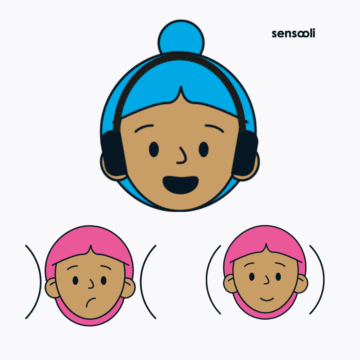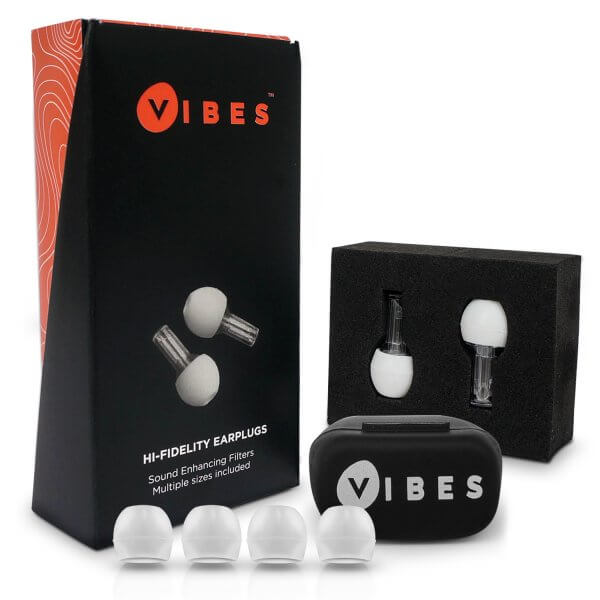

The downside of ear defenders! We see this hotly debated, mainly outside the neurodivergent community and so we thought it best to put this one to bed, by looking at what is being suggested as potential harms and assessing the benefits.
The downside of ear defenders as suggested by some include:
The immediate reaction to the list of potential downsides to ear defenders is, they are sweeping generalisations. But I am now going to make my own sweeping generalisation, I suspect people who have this view, don’t have noise sensitivity. People who are perhaps not aware of SPD, or are aware, but don’t really understand it. They don’t have experience of the massive impact our senses can have on ourselves if they are working differently from the neurotypical population. The pain and distress this can cause for individuals.
The above ‘harms’ in principle are possible… but it will be very dependant on the individual, hence sweeping statements like this are far from useful. Let’s pull each of these apart:
Avoiding a problem rather than facing it – could it be that the person cannot function, literally cannot cope, they are not in control of their bodies reaction to certain sounds and so ‘facing it’ is just simply not an option.
Withdrawal from the environment the user is in – If this is what is needed, to function, to carry out tasks, and to exist in society, then what is the problem?
Not allowing someone to ‘get used to noise’ – This is definitely one that may be appropriate, but cannot be just ‘done’ without thought. It would be part of sensory integration therapy, a highly specialised area usually delivered by occupational therapists, that allows people to try out adjusting to certain sensory stimuli and help them learn to tolerate it better, to allow them to function better in daily life. But it has to be done gently, with consent, with agreement and understanding, slowly, respectfully, carefully. Otherwise, this can do more harm than good and cause trauma.
Reduction in verbal and communication skills – sweeping generalisation again. It could actually have the opposite affect. If someone needs to self-regulate and calm, by using ear defenders, they may then have the energy, enthusiasm, and ability to be present and communicate. Ear defenders as part of a sensory diet can be a huge benefit, but allowing time, suited to the individual without, ensuring verbal and communication skills are still practiced.
Being seen as rude – Well frankly, that is how someone chooses to react, the person needing to wear ear defenders cannot control what others ‘think of it’. But others can control their knowledge and understanding.
Do you agree with this list of the downside of ear defenders? We don’t!
“I suspect people who have this view, don’t have noise sensitivity”
— Jenny – Sensooli CEO
We have touched on much of this above, but in a nutshell, the downside of ear defenders does not exist, they can instead have many benefits such as allowing an individual to take charge of their senses. This may allow them to participate and do tasks they would not be able to manage without them, so for many it can be an essential tool just to function, perhaps allowing them to manage their own shopping, rather than have someone else do it for them.
On top of that if someone knows what situations trigger them, or they find a challenge, using ear defenders can allow them to limit the sensory input they are receiving, allowing them to stay regulated and opening up a slot in their day where they can manage to tackle something without them, such as a coffee with a friend.

So don’t go dismissing the concept until you have taken the time to understand and know that these days there are many options open to people with sound sensitivity, from your traditional ear defenders to more discreet options that allow the reduction of background noice to a more manageable level that still allows you to hear a conversation.
Sensory Matters Podcast
Free Sensory Support Community
Can Chewigems Help Keep Your Teeth Clean?